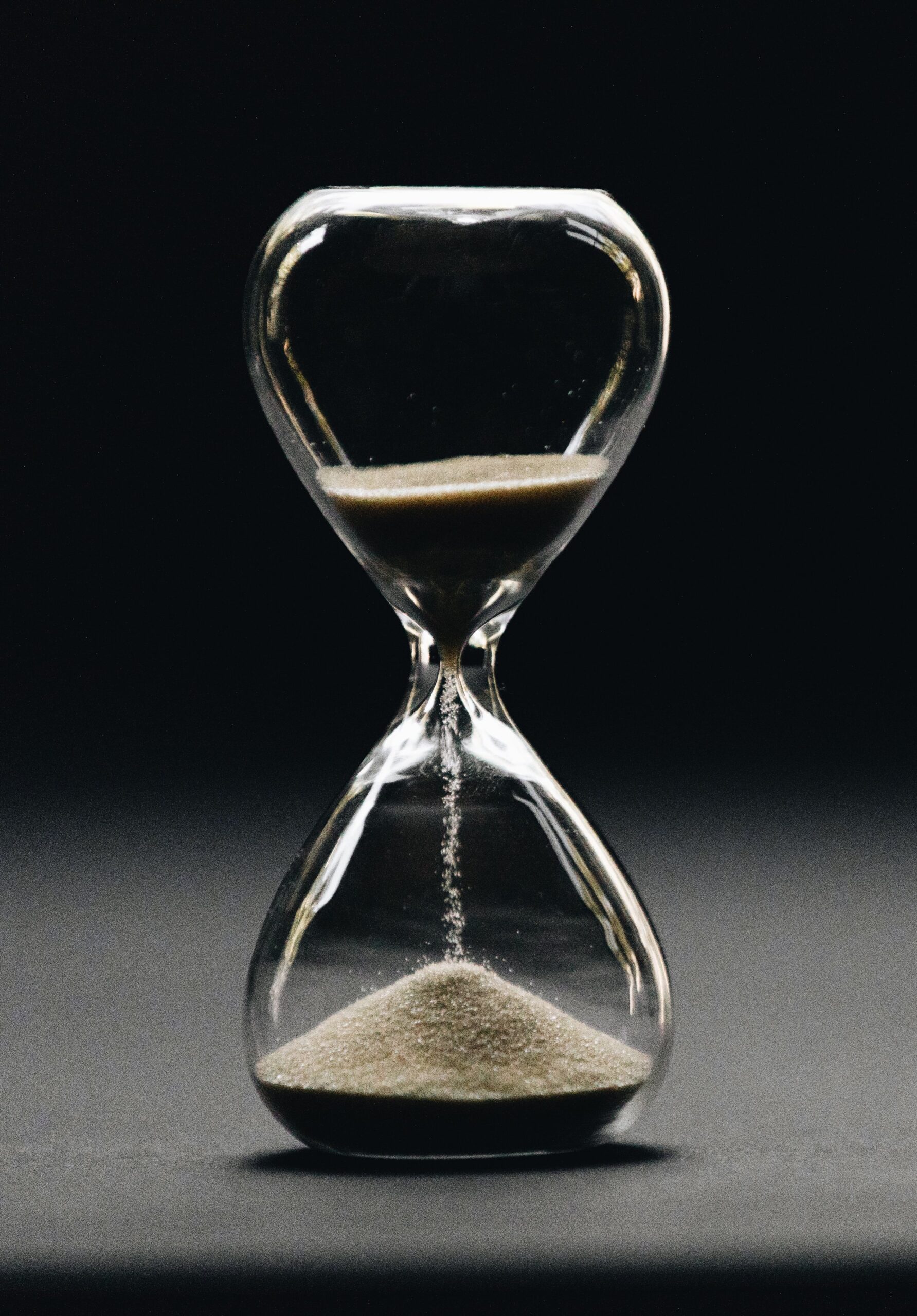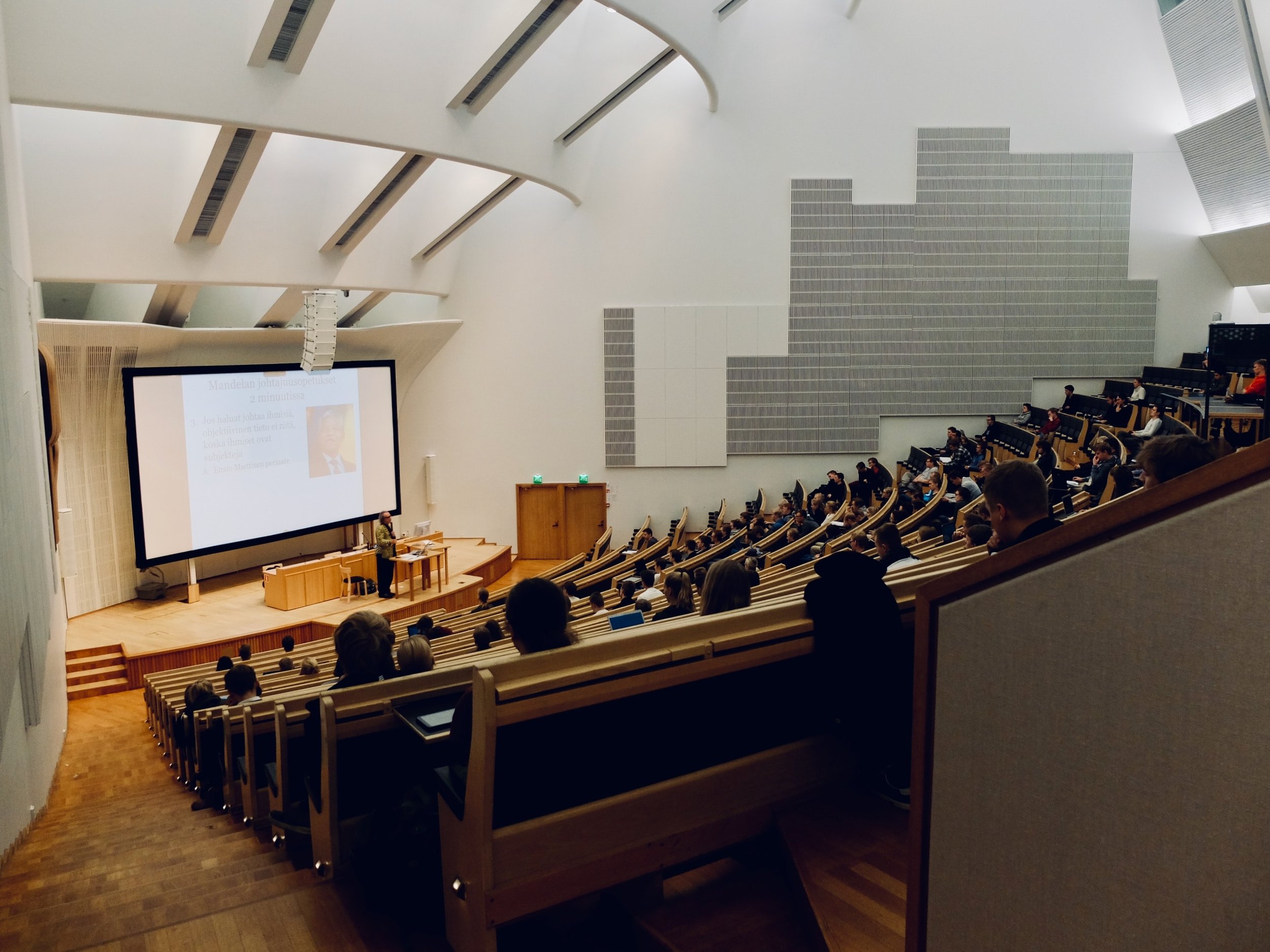Anxiety

Whether it be with our partners, friends, family or a stranger in a grocery store, disagreements, arguments and conflict can happen. They are a normal part of our relationships and even the healthiest of relationships experience them. However, just because everyone experiences them, does not make them any easier to deal with. In fact, in the heat of the moment, even the smallest of disagreements can feel like they begin to spiral out of control and end up turning into a much bigger problem. To navigate these disagreements, there are some strategies we can use to reduce the intensity of the disagreement and possibly even end it in a better place than it began. Although it “takes two to tango”, just one person changing their behavior and responses in a disagreement can change the course of the conversation.

It’s 2023 & social media platforms such as Facebook, Instagram, Snapchat, Twitter & Tik Tok are all the rage. Technology allows us to live in a world where we can connect socially with others without actually getting together in person. Engaging in social media produces dopamine in the brain, otherwise known as the “feel good” chemical. This rush of dopamine is what motivates us to continuously check our social media apps in the search to feel good.
There are some benefits to social media use such as reconnecting with family & friends that live around the world. Finding new friends in your community & getting involved in social causes that need awareness. Connecting socially if you are housebound or live remotely without access to others. Lastly, it gives us the ability to seek emotional support from others, while providing this type of support in return. Therefore, social media is not all bad & can be used in moderation to enhance our lives.

What is self-talk & why does it matter? Self-talk is just that, the way you speak to yourself. It is your inner voice comprised of conscious thoughts, beliefs & biases that creates the monologue in your head. Whether you are aware of your patterns of self-talk or not, it is there. Self-talk has the ability to tear you down or lift you up- it all depends if your self-talk is positive or negative.
If your inner voice is consistently negative, it acts as a harsh critic & promotes pessimism in your life. Negative self-talk decreases self-esteem & confidence, causing you to feel badly about yourself. It will keep you from succeeding and it will fool you into thinking you will always fail. Negative self-talk causes endless cycles of rumination that lead to increased levels of depression & anxiety. This negativity often distorts reality causing you to see the world through a negative lens. So, I ask you, how can you possibly feel good or have a good day when your thought stream is consistently negative? The bottom line is, you can’t. Keep reading & you will learn how to change those negative thoughts into positive ones in order to live a happier life.

Whether you celebrate Christmas, Hanukkah, or don’t celebrate any holiday at all, this time of year can be particularly not the jolliest time for some. In fact, the celebrations, the get-to-togethers, the gifts, or realizing that your family are not people you look forward to seeing can be difficult to admit. Perhaps you do not have any close friends or family and this time of year is a glaring reflection of that. This is a typically stressful time for most people whether you have excitement and parties to look forward to or not. The logistics of planning something, financially making the season work for you, the pressure to get the holiday cards out, bake the cookies, buy the food, clean the house, put up the decorations, and deal with the family drama that may ensue from hosting the holiday this year can be especially draining. If you are someone who does not celebrate at all, or being around your family is a trigger, this can be a vulnerable time for you. The seasons are changing, it’s getting darker earlier, and it can be a bitter fight to stay sober, not relapse with substance use, eating disorders, or general mental health.

If you are searching for this, you may be feeling the pressure and stress from rapidly approaching deadlines and final exams. Perhaps the rest of the semester went without issue. Maybe you were living carefree, completing assignments whenever you could and sometimes skipping a class just to have a ‘me’ day. Perhaps you attended meticulously, taking very precise notes and studying very hard. Regardless of your college experience, final exams can be a very vulnerable and tense time for many students. If you are feeling the effects of that with late night study sessions, skipping meals and sacrificing sleep to catch up on assignments and material you might have skimped over before, here are some things that can help you with that.

When an unexpected situation or conversation occurs that does not go in your favor, it is second nature to act upon the first thoughts and feelings that come to mind. However, these thoughts and feelings may not always be the most effective way to handle whatever the situation may be. It is important to respond to situations rather than to react. You may be thinking, what is the difference? Reacting and responding are similar in nature as both come from a place of wanting to be heard or understood. However, there are differences between these two.

As you go through life, it’s important to fully understand what makes up a healthy relationship. This is something that is not taught in schools & is usually learned through trial & error based on previous experiences. Personal relationships will develop within families, friends, colleagues & acquaintances. The shared experience of living, working & spending time together with similar interests is what creates emotional bonds, interactions & trusting relationships.

Getting fired is more common than some may realize. A company can have numerous reasons for letting go of an employee such as budgeting, creative differences, or unsatisfactory performance. It is important that you find ways to navigate this stressful life change.

Infidelity in marriages has been a topic of interest for many years, with many studies conducted on the topic. Recently, with divorce rates being what they are in the United States, there has been an increase in the amount of research focused on understanding the causes and effects of infidelity as well as possible ways of minimizing the probability of it occurring.

Words and the language we use in our daily lives have a significant impact on how we view ourselves and the world around us. As many of us have seen or experienced, even how something is worded can influence our interpretation and reaction of what was said. However, this is not only the case for the person listening. The language we use can shape and reinforce our own views, thoughts and mood, for better or for worse. In both scenarios, whether we are listening to someone else or saying something ourselves, the language we use can contribute to how we respond or behave in any given situation.